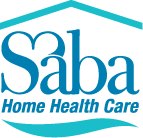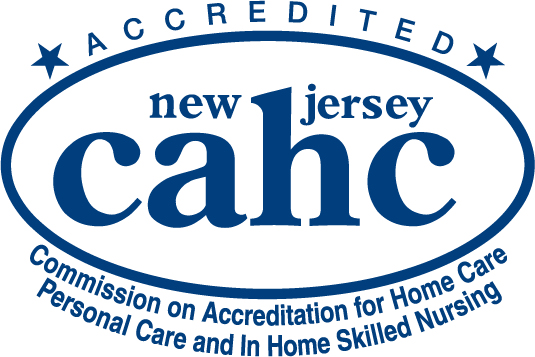-
Why Choose Private Pay Home Care for Seniors
What is Private Pay Home Care? Private pay home care is where individuals or families pay out of pocket for customized care in their own homes. This is often preferred by those who value their independence and want to stay in control while getting help with daily living activities. Home care services can include personal…
-
Home Health Care Abbreviations, Terms and Acronyms
When caring for a loved one who is receiving medical care, it may be hard to understand the various abbreviations and acronyms used in healthcare settings. As a caregiver, it is important to familiarize yourself with these terms as they will often be used in discussions with healthcare professionals or when reviewing medical records. For…
-
Nursing Services at Home: Skilled Professionals
Nursing Services At Home Made Accessible Skilled nursing services encompass a wide range of advanced medical care, allowing clients with complex medical conditions to receive the treatment they need without the need for hospitalization or extended stays in a healthcare facility. Whether it’s wound care, post-operative surgical support, intravenous (IV) therapy, managing chronic illnesses, or…
-
Awarded Full Accreditation by Board of Trustees of CAHC
Commission of Accreditation for Home Care, Inc.299 Market Street, Suite 235Saddle Brook, NJ 07663Tel: 201-880-9135 www.cahcnj.org 2/15/2025 FOR IMMEDIATE RELEASE The Commission on Accreditation for Home Health Care (CAHC) is pleased to announce that Saba Home Health Care Inc. has been awarded “Full Accreditation” by the Board of Trustees of CAHC. CAHC is dedicated to…




